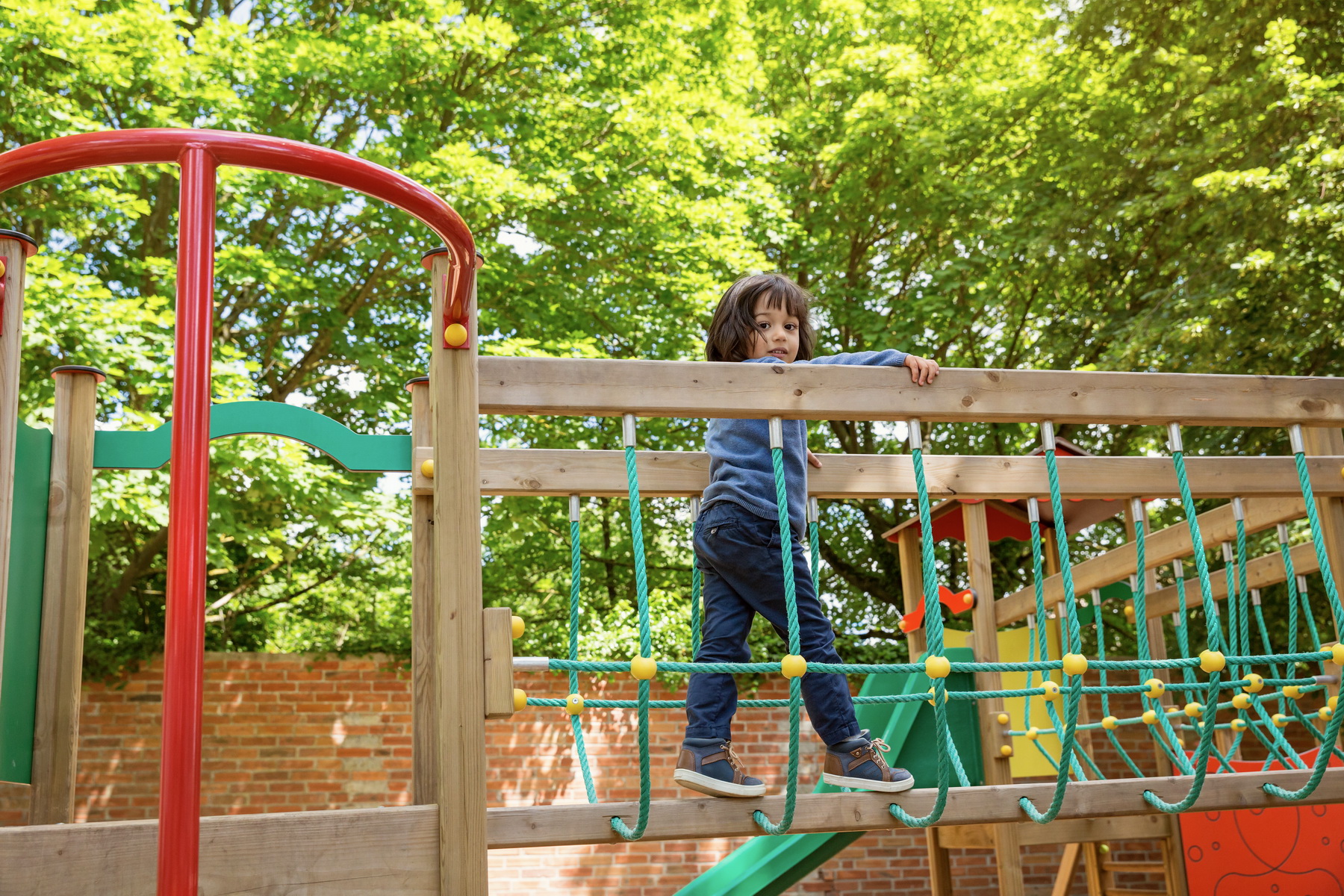Number Recognition Social Studies Worksheets for Ages 4-9
4 filtered results
-
From - To
Discover engaging "Number Recognition Social Studies Worksheets for Ages 4-9" that combine the fundamentals of number learning with fascinating social studies topics. Designed to captivate young minds, these worksheets seamlessly merge numerical skills with essential social studies concepts, making learning both fun and educational. Perfect for preschool to third-grade students, they provide activities that enhance counting abilities while exploring history, geography, and cultural awareness. Our dynamic worksheets not only aim to improve number recognition but also spark curiosity about the world around them. Foster a love for learning with our innovative, age-appropriate resources. Explore more and watch your child thrive!
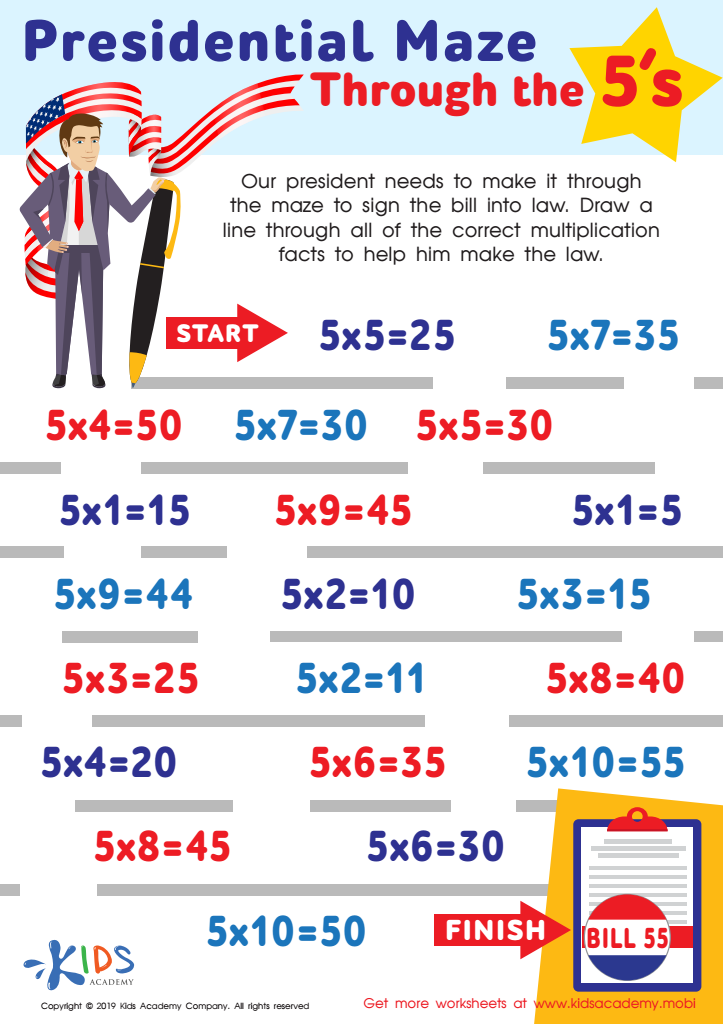

Presidential Maze Through the 5’s Worksheet
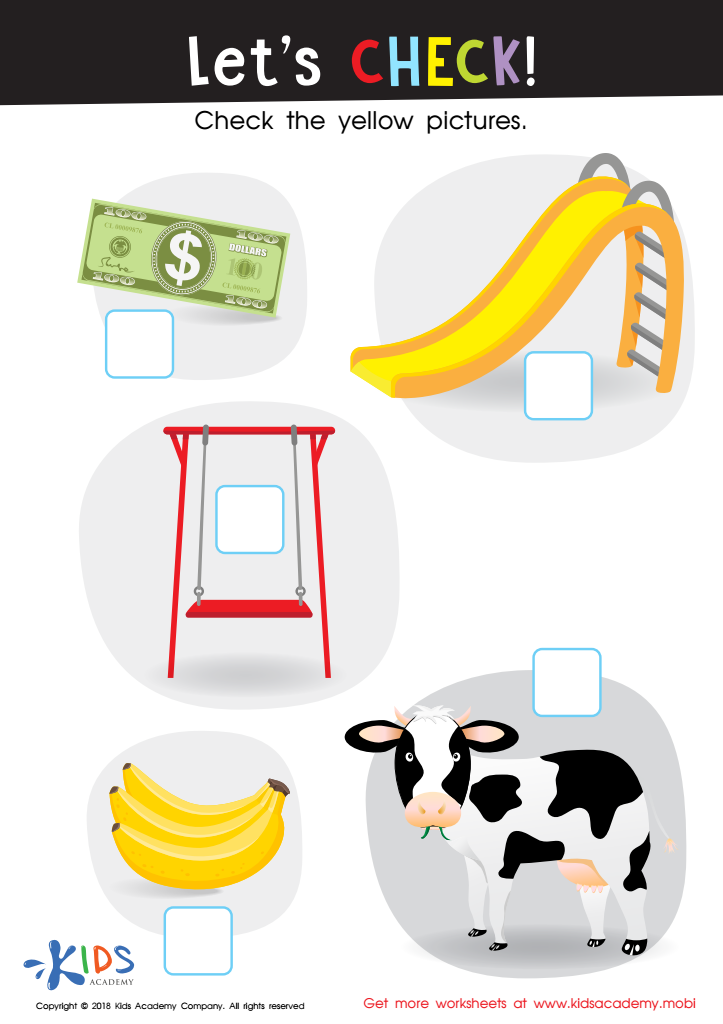

Let's Check! Worksheet
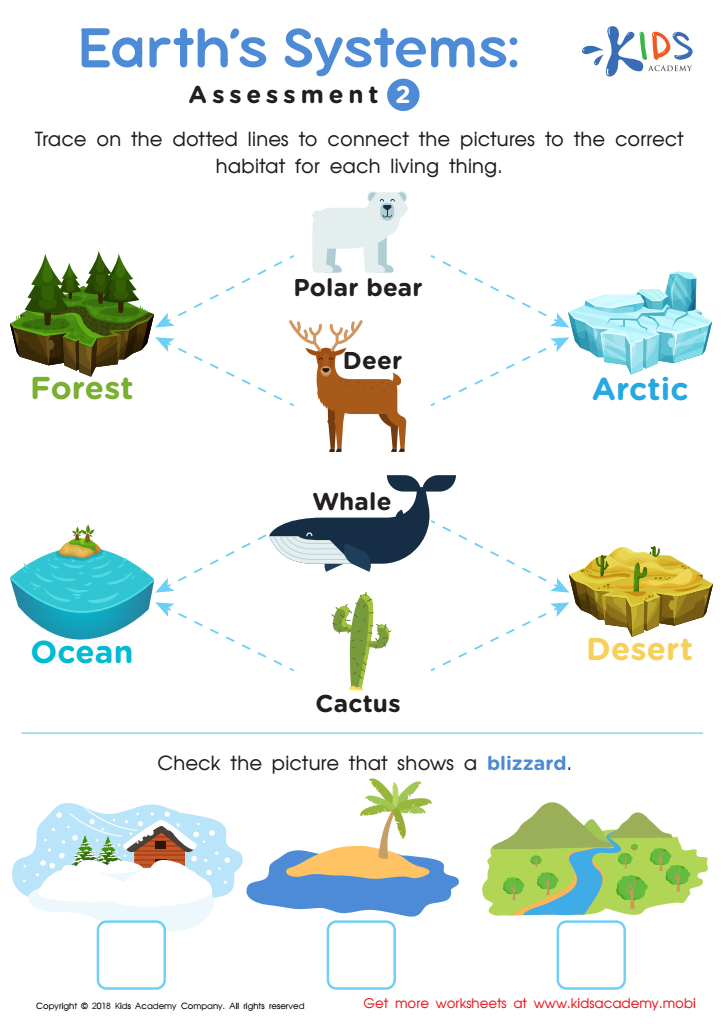

Earth's Systems: Assessment 2
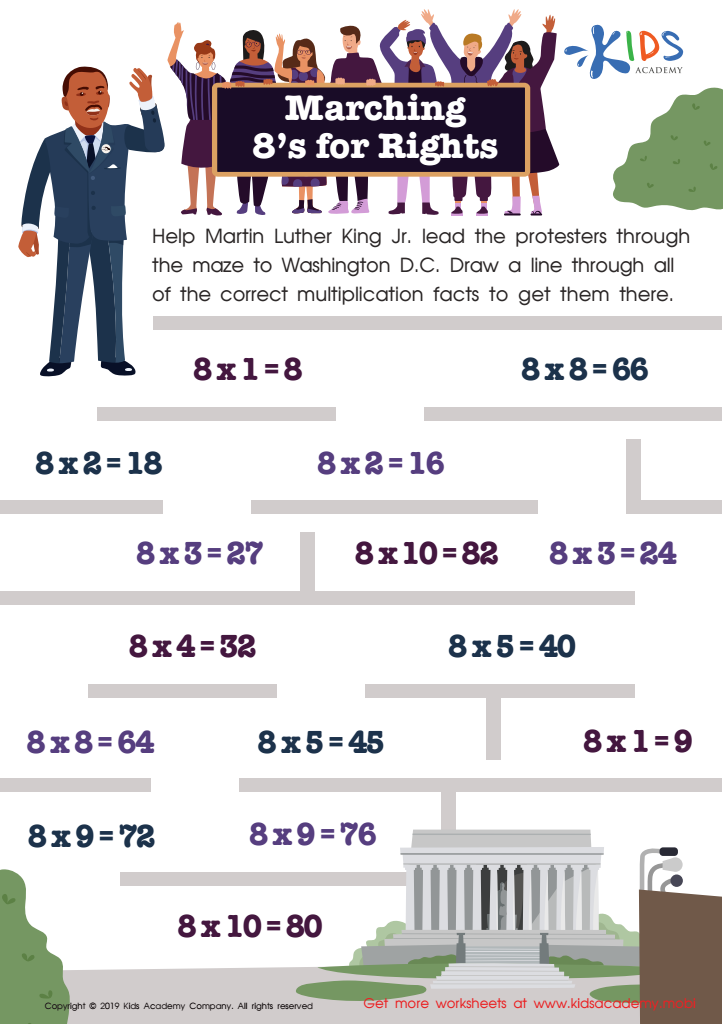

Marching 8’s for Rights Worksheet
Number recognition and social studies are crucial elements in the early education of children aged 4-9, and both play vital roles in their cognitive and social development.
Number recognition is a foundational math skill that enables children to identify and understand numbers and their values. Early proficiency in number recognition is linked to later success in mathematical concepts such as addition, subtraction, and problem-solving. Engaging children in number recognition through games, exercises, and real-life contexts (like counting objects or sorting items) fosters number sense, critical thinking, and analytical skills.
Incorporating social studies into the curriculum for young children enriches their understanding of the world and their place within it. Social studies educates children about history, geography, cultures, and societal norms. This broadens their horizons and nurtures a sense of respect and empathy for diverse communities. Introducing basic concepts such as community roles, holidays, and world traditions helps build social awareness and responsibility, key components in cultivating informed and compassionate citizens.
When parents and teachers prioritize number recognition in social studies, they create a holistic learning environment that balances cognitive development with social and emotional growth. This approach not only prepares children for academic success but also nurtures well-rounded individuals capable of contributing positively to their communities.

 Assign to My Students
Assign to My Students






